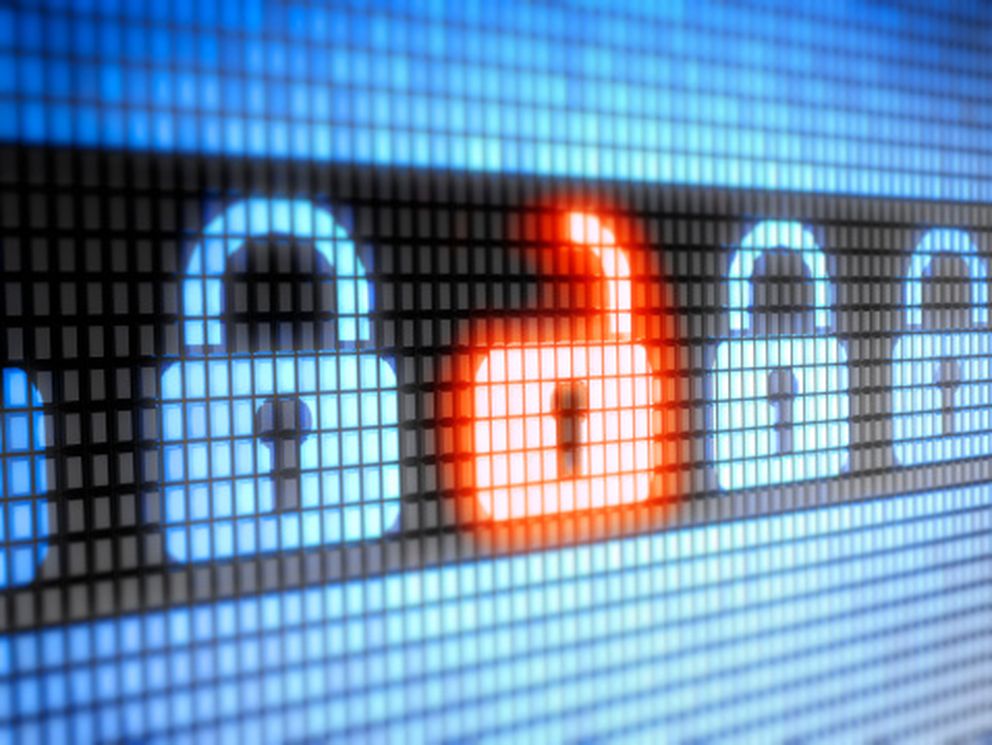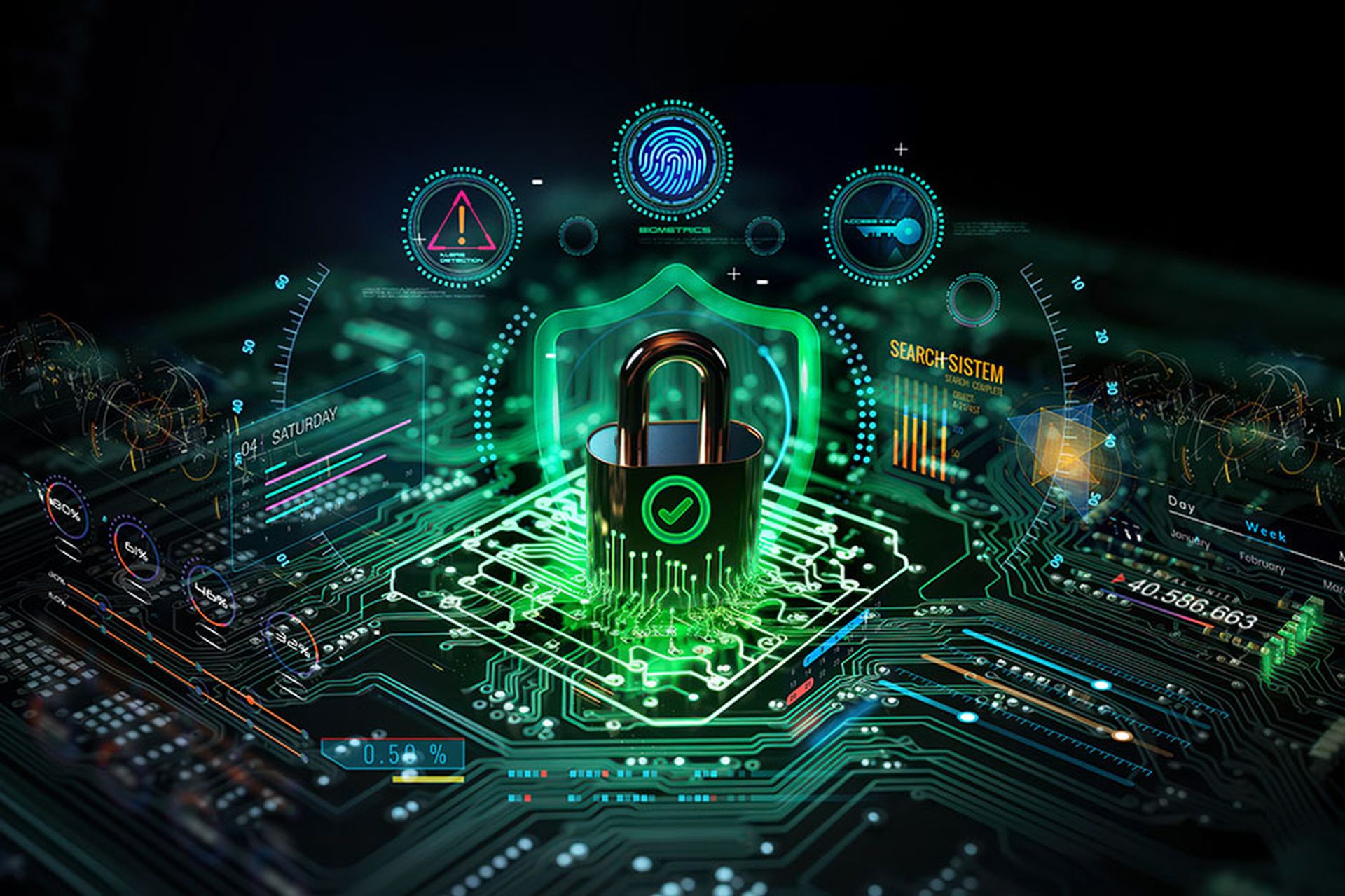Cybercriminals have become increasingly sophisticated, employing aggressive and ever-changing techniques to breach small and medium-sized businesses (SMBs). These attacks are on the rise, posing a significant threat to organizations that lack robust cybersecurity measures.
Hackers are relentless in their efforts to exploit vulnerabilities in SMBs' systems, often due to their comparatively weaker security infrastructure. These attacks come in various forms, including phishing, ransomware, and data breaches, and can result in severe financial and reputational damage to the affected businesses.
Although the 2023 Sonicwall Cyber Threat Report saw a 21% drop in ransomware attacks in 2022 compared with 2021, it predicts that 2023’s ransomware attack volume will rebound thanks to the formation of several new ransomware groups.
The report also found that in 2022 there was:
- A 2% increase in malware attacks
- A 19% increase in intrusion attempts
- Increases of 43% and 87% respectively in cryptojacking and IoT malware attacks
On top of this, 2022 saw a rise in extortion groups who leveraged social engineering, vulnerability exploits, and stolen credentials to gain illegal access to target networks and steal data, which they then threatened to leak if the victims didn’t pay up. According to the FBI, phishing and Business Email Compromise are continuing their rise as well and remain their top reported internet crime-types over the past five years.
It's clear that SMBs need assistance on best practices regarding security protocols, and MSPs are well placed to educate on and manage this for their customers. As such, they have a pivotal role to play in safeguarding these businesses. By building their practice on top of common cybersecurity frameworks and taking pragmatic steps, MSPs can help reduce risk for their customers.
What’s the Difference Between Cybersecurity Frameworks, Standards, and Compliance?
Before looking at the importance of cybersecurity frameworks for MSPs, it is crucial to understand the distinctions between cybersecurity frameworks, standards, and compliance. While these terms are often used interchangeably, they encompass different aspects of cybersecurity implementation.
Cybersecurity Frameworks: A cybersecurity framework is a comprehensive, systematic approach to managing and mitigating cyber risks. It provides guidelines, best practices, and methodologies to help organizations develop their cybersecurity strategy. These frameworks serve as a roadmap for implementing security controls, risk assessment, incident response, and continuous improvement. Some of the most widely used frameworks include:
Cybersecurity Standards: Cybersecurity standards are specific technical or procedural requirements that organizations must meet to address particular security objectives. Standards are more prescriptive than frameworks, often detailing precise measures that organizations should adopt to safeguard against specific threats or meet industry-specific requirements. Some examples of standards include:
Cybersecurity Compliance: Cybersecurity compliance refers to adhering to relevant laws, regulations, or industry mandates related to information security. Compliance ensures that organizations meet the required security standards, protect sensitive data, and maintain customer trust.
How Does Using a Cybersecurity Framework Benefit MSPs?
“The biggest technical benefit of building to a cybersecurity framework is that you will be putting in place the mitigations and processes that industry and government has spent thousands of man hours refining,” explains N-able Head Nerd, Lewis Pope. “Taking advantage of the best practices produced by their hard work puts you years ahead of where you would be if you tried to build your security practice from scratch.”
Lewis continues: “Additionally, if you’ve standardized to a cybersecurity framework then everyone on the team has their responsibility for specific tools and processes, and they know how those are supposed to operate. This means they should quickly realize when things are not operating as they should. This plays into a second reason for having a cybersecurity framework: if you aren’t standardized to a framework, then when a technician discovers a deficiency in an environment they may assume ‘that’s just the way they are setup’ and not investigate further. Ultimately, working to a framework will help reduce your blind spots.”
The reality is that MSPs are entrusted with the responsibility of securing their clients' critical data and infrastructure. The importance of embracing cybersecurity frameworks can be summed up in these four ways:
- Enhanced Security Posture
Cybersecurity frameworks provide a structured approach to identify, assess, and mitigate cyber risks. By following established frameworks, MSPs can bolster their clients' security posture, helping them detect and respond to threats effectively. - Proactive Risk Management
Cyber threats are constantly evolving, making it essential for MSPs to stay ahead of potential attacks. A robust cybersecurity framework equips MSPs with the tools to assess risks proactively and implement measures to mitigate them, safeguarding their clients from potential breaches. - Client Confidence and Trust
Demonstrating a commitment to cybersecurity by adhering to recognized frameworks can enhance client confidence and trust. Clients are more likely to engage with MSPs that have a well-defined and proactive security approach in place. - Industry Compliance
Many industries have specific cybersecurity compliance requirements. By adopting cybersecurity frameworks, MSPs can better align with these industry standards and regulations, making them more attractive to clients operating in regulated sectors.
How following a Cybersecurity Framework Can Help MSPs Develop Their Business
SMB owners, are largely non-technical in nature, and as such are not experts in security, so they rely on MSPs to make decisions on what security features they need. By adopting a cybersecurity framework MSPs can help ensure that their security services tick all the required boxes, and this can help them in a number of ways:
- Competitive Advantage
In a highly competitive market, MSPs that can demonstrate adherence to cybersecurity frameworks to gain a competitive edge. Clients are increasingly aware of the importance of security and are more likely to choose MSPs with robust cybersecurity measures in place. - Streamlined Operations
Frameworks provide a structured approach to cybersecurity, streamlining MSPs' operations and enabling efficient resource allocation. This helps MSPs optimize their services and enhance their overall service delivery. - Long-term Client Relationships
Strong cybersecurity practices lead to increased client satisfaction and loyalty. By providing reliable security services, MSPs can foster long-term relationships with their clients and reduce client churn. - Business Scalability
A cybersecurity framework facilitates scalability for MSPs. As their client base expands, MSPs can ensure consistent and standardized security practices across all clients, irrespective of size or industry.
What are the Challenges for MSPs When Choosing a Cybersecurity Framework?
With so many different frameworks in the market, and so many different regions having different requirements, selecting the right cybersecurity framework can be overwhelming for MSPs. So, how do you select a framework that works for your business? This needs to be based around a number of key questions.
- What are the needs of your clients?
MSPs serve clients from various industries, each with unique cybersecurity requirements. Finding a framework that can be adapted to meet the diverse needs of their clients can be challenging. - What resources do you have?
Smaller MSPs may lack the resources needed to implement complex frameworks. Balancing the level of security with the available resources requires careful consideration. - Framework evaluation
With numerous cybersecurity frameworks available, MSPs must carefully evaluate each option to ensure compatibility with their business model and their clients' needs—ie what standards are required for the specific client vertical, as well as the available resources the MSP has in-house.
Can Having a Cybersecurity Framework Impact on Cyber Liability Insurance?
The simple answer here is, yes. Following a cybersecurity framework can impact cyber liability insurance in the following ways:
- Underwriting Questionnaires
Insurance providers often assess the cybersecurity practices of organizations before issuing policies. By adhering to a recognized framework, MSPs can positively influence underwriting questionnaires, potentially leading to more favorable insurance terms. - Demonstrating Due Care
Following a cybersecurity framework demonstrates due care and diligence in protecting clients' data and infrastructure. This can be essential in defending against claims in the case of a breach. - Proof of Documentation and Processes
A robust cybersecurity framework ensures proper documentation of security measures and incident response processes. In the event of a cyber incident, this documentation can help expedite the claims phase and maximize the potential payout. - Insurance Claim Success
Without proper documentation and adherence to cybersecurity best practices, insurance claims could be at risk of being rejected or receiving reduced payouts. A cybersecurity framework increases the likelihood of a successful claim.
Conclusion
A cybersecurity framework provides a comprehensive and systematic approach to cybersecurity that can greatly benefit MSPs. By adopting the framework, MSPs can enhance their security posture, meet regulatory requirements, streamline operations, mitigate risks, and gain the trust and confidence of their clients. Cybersecurity frameworks can also help to ensure MSPs have a really solid security baseline in place that at the very least has the basics of cyber hygiene covered. And finally, they can help ensure that security is a red thread that MSPs weave throughout their business.
Guest blog courtesy of N-able. Pete Roythorne is Senior Brand Content Editor for N-able.




